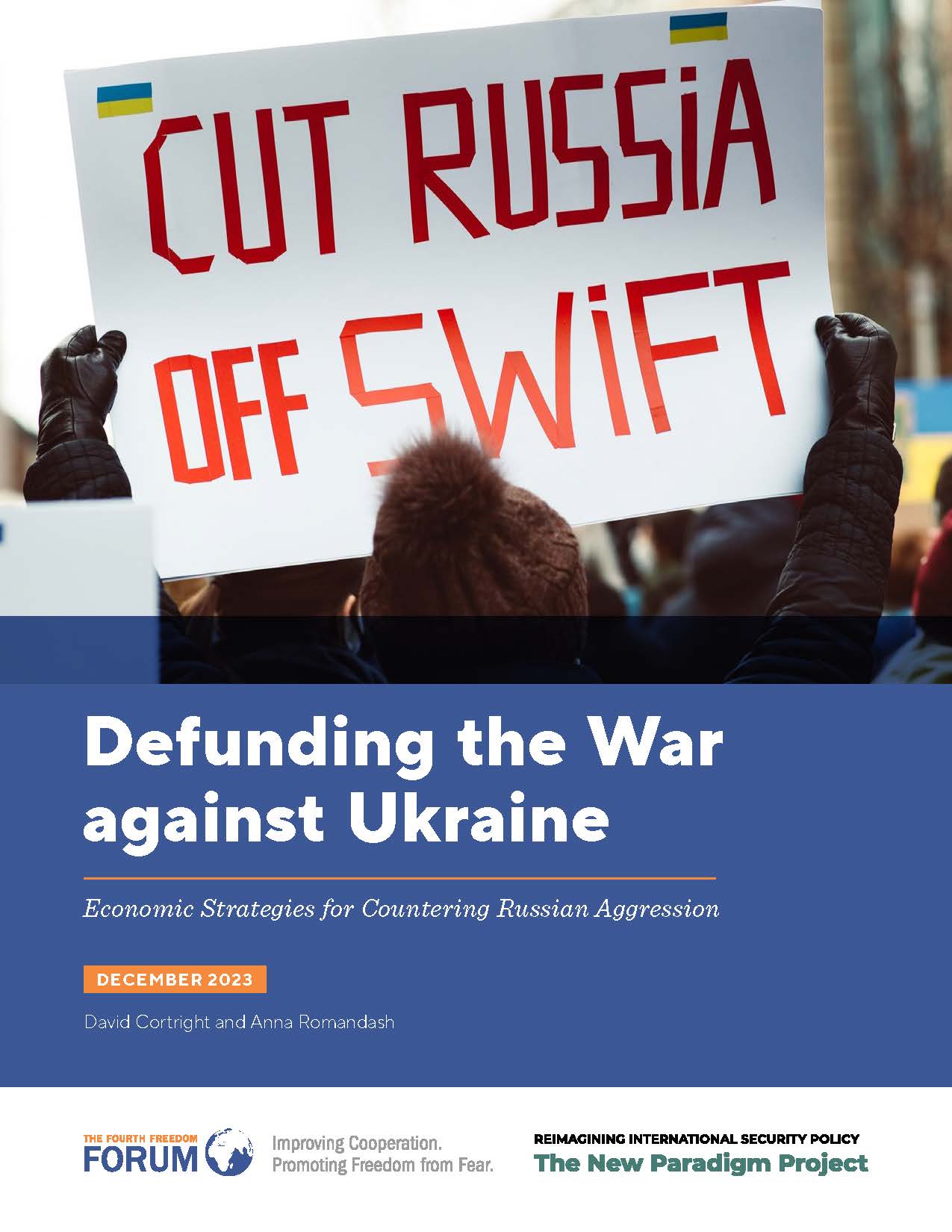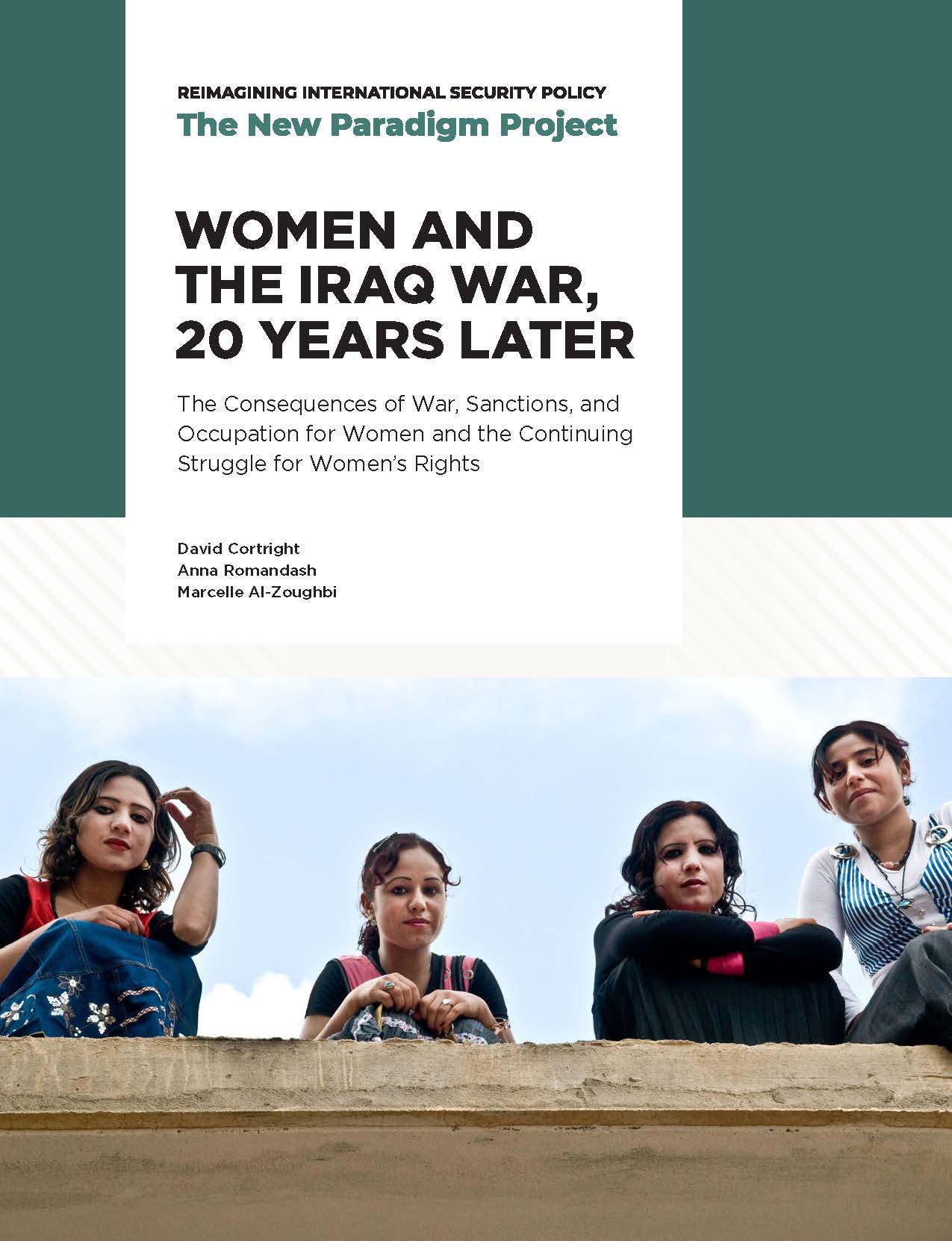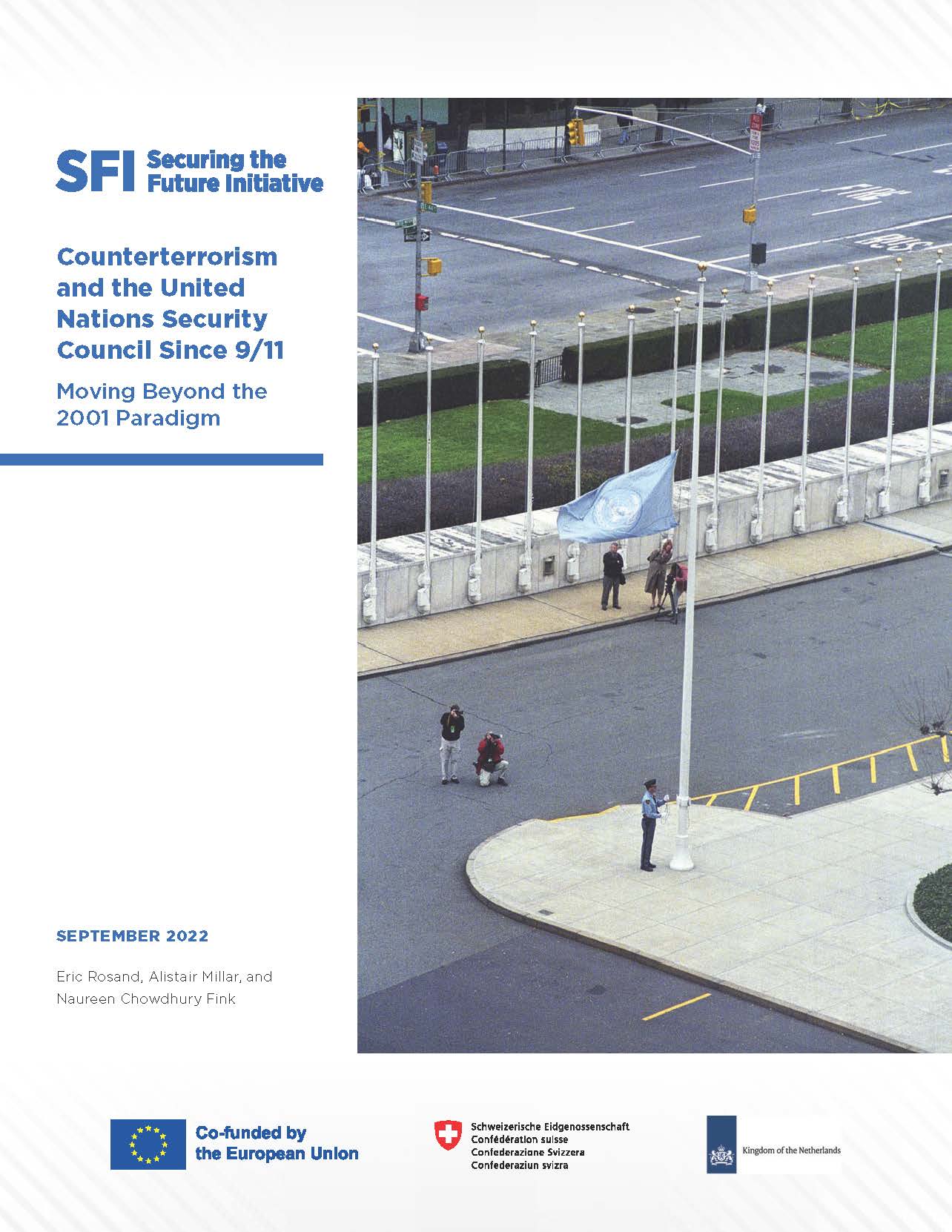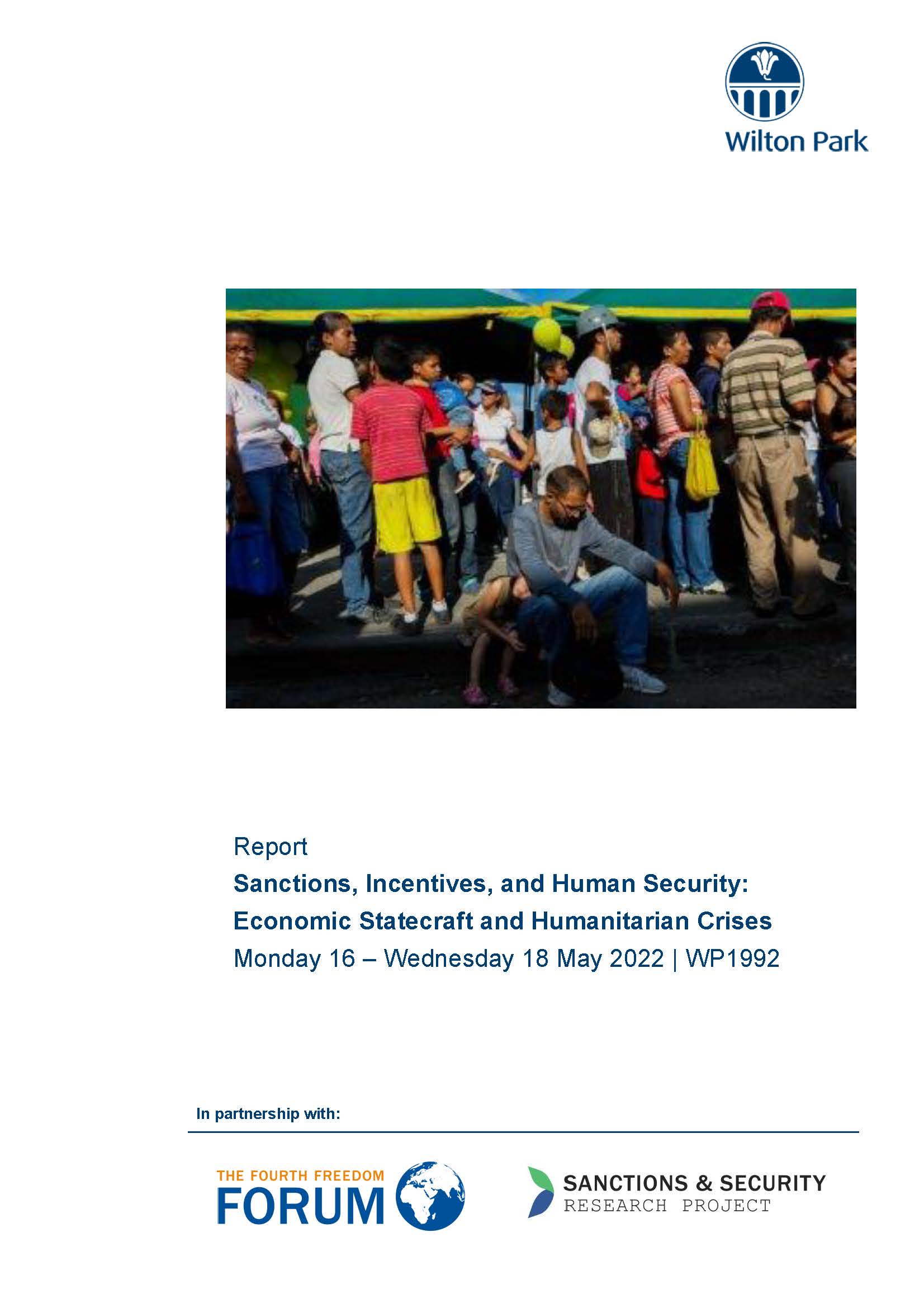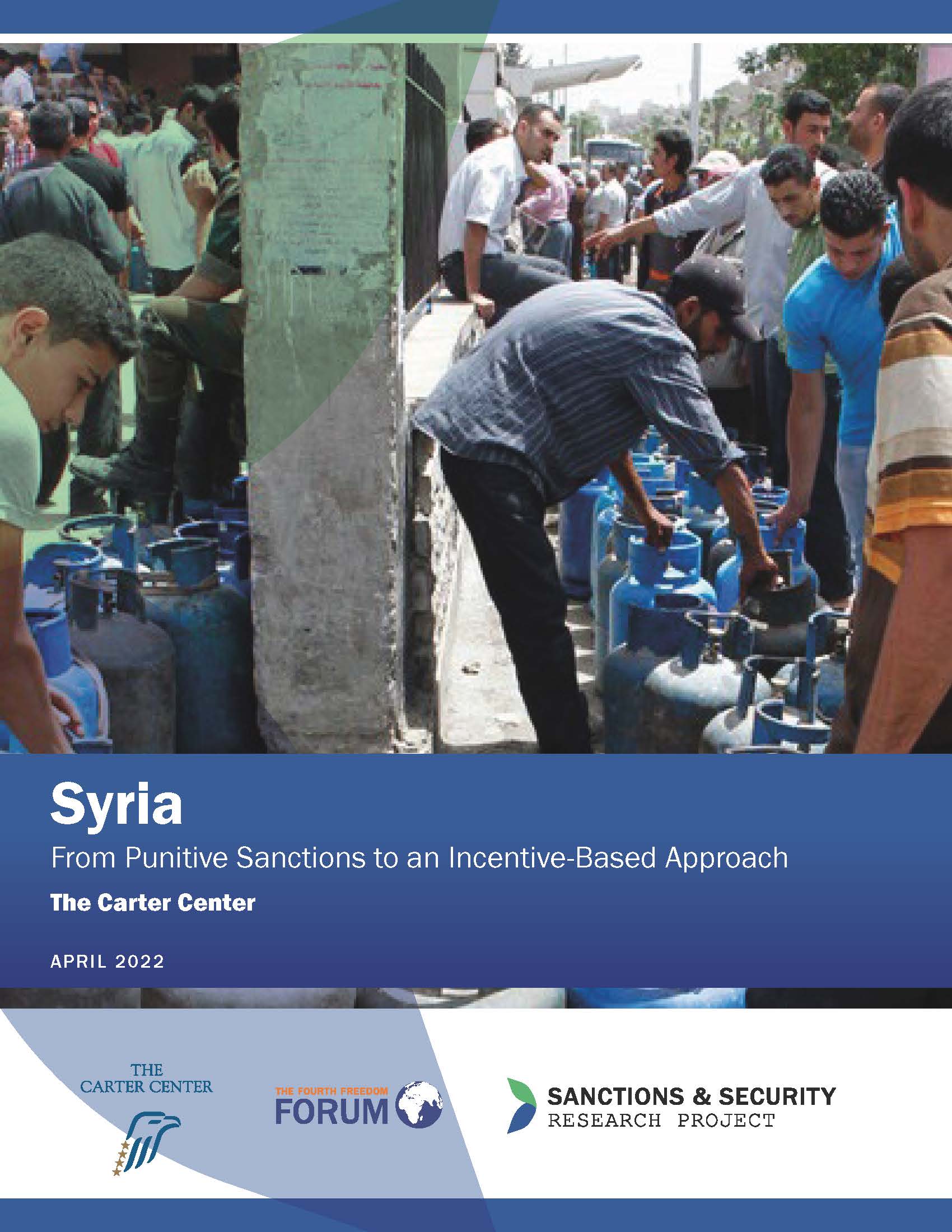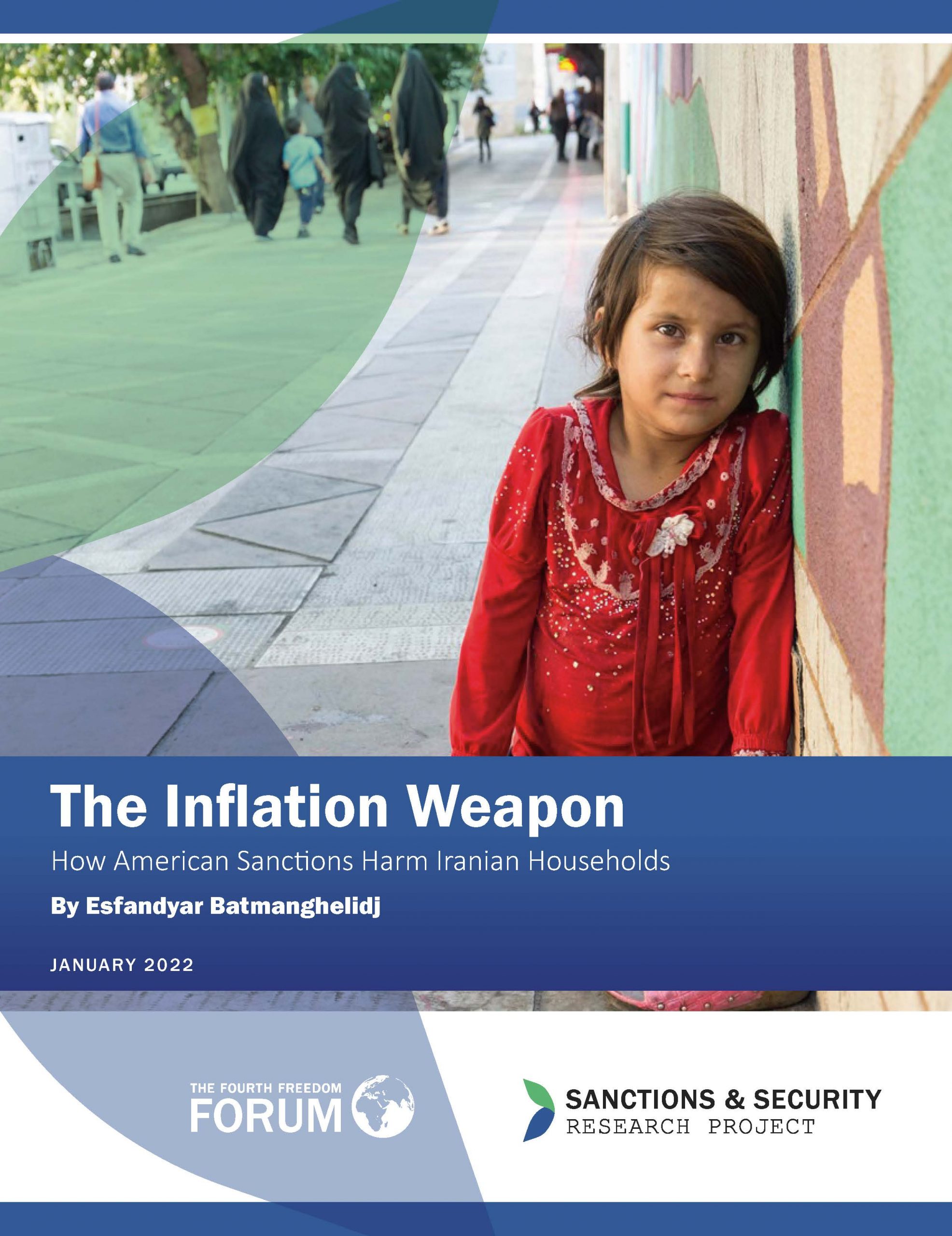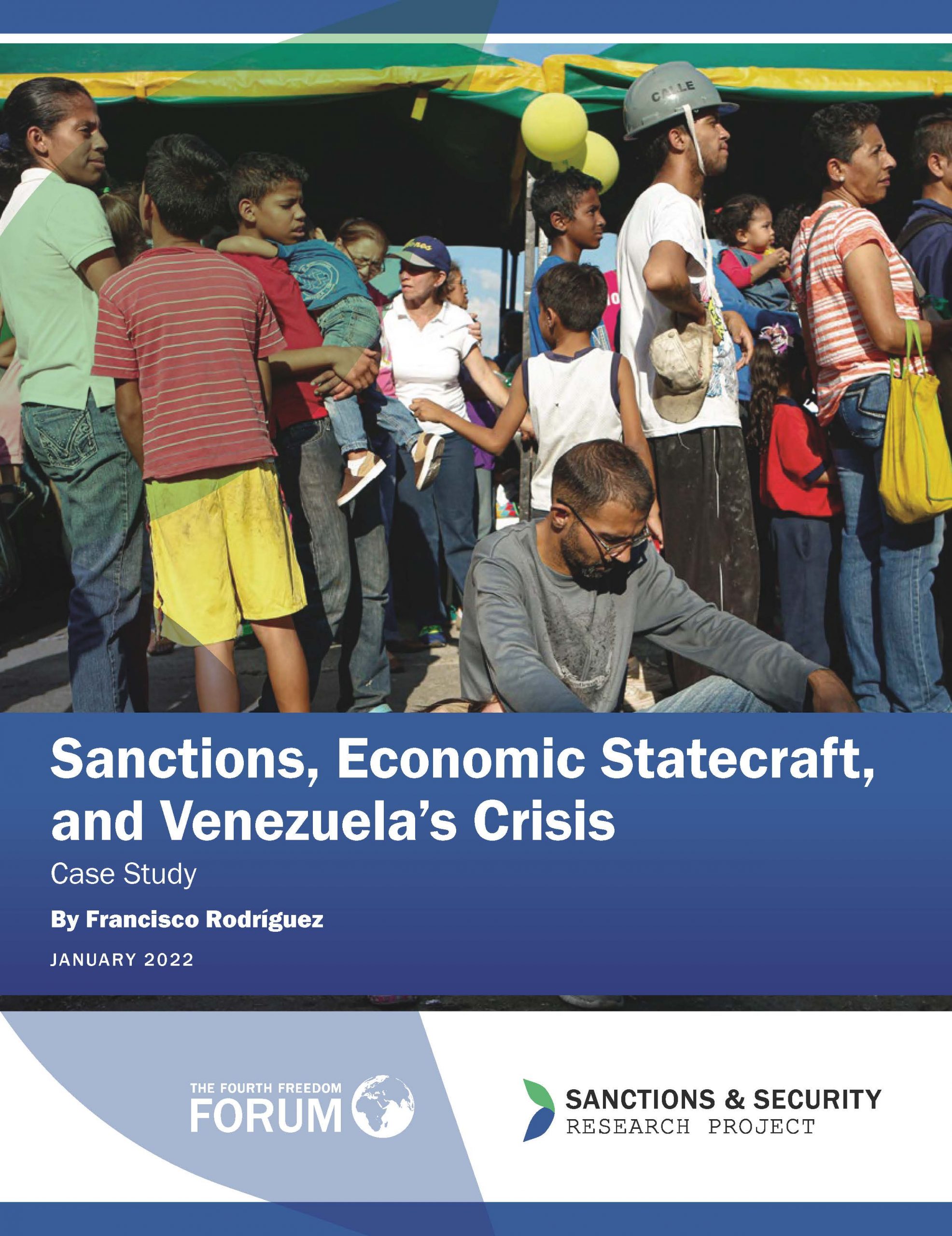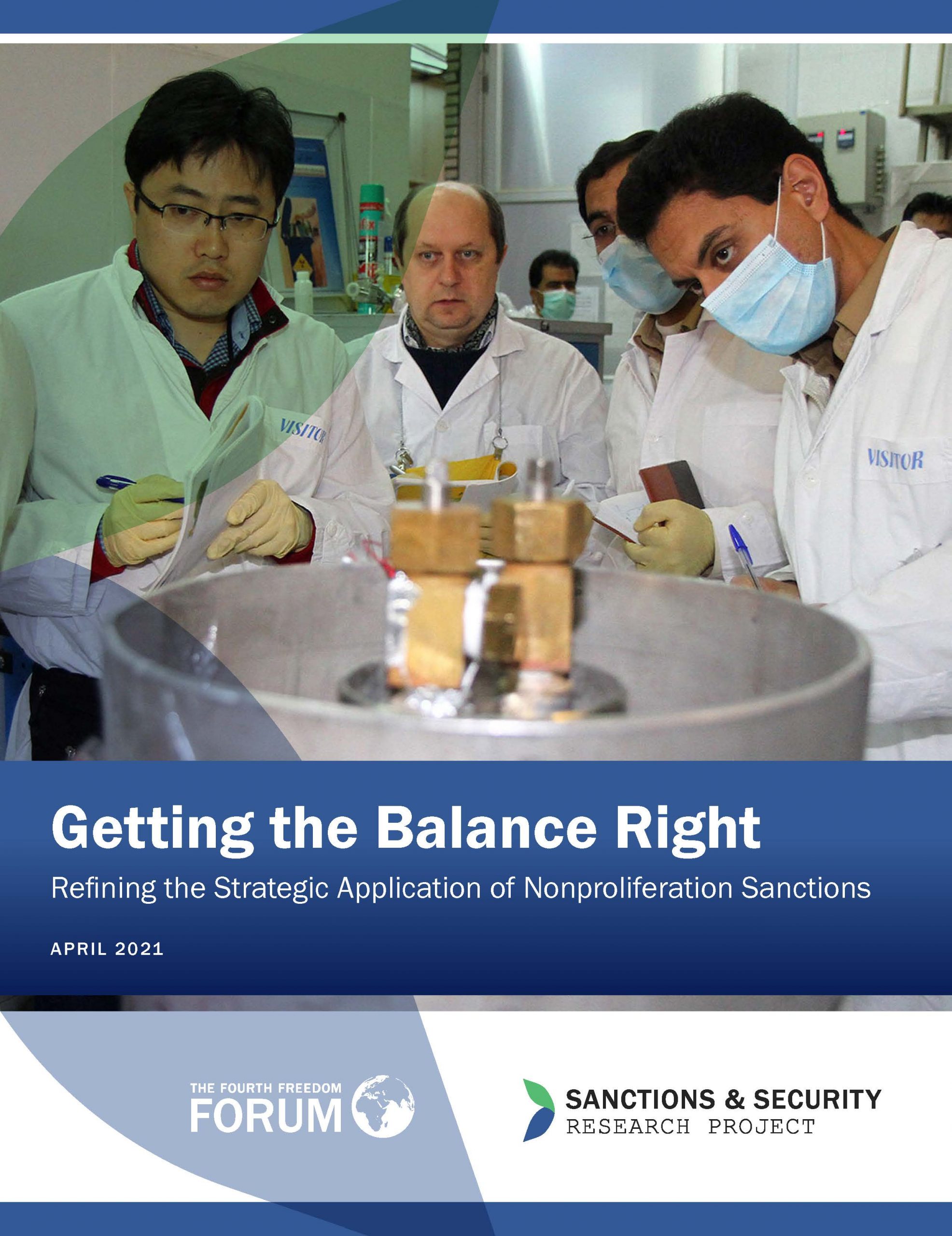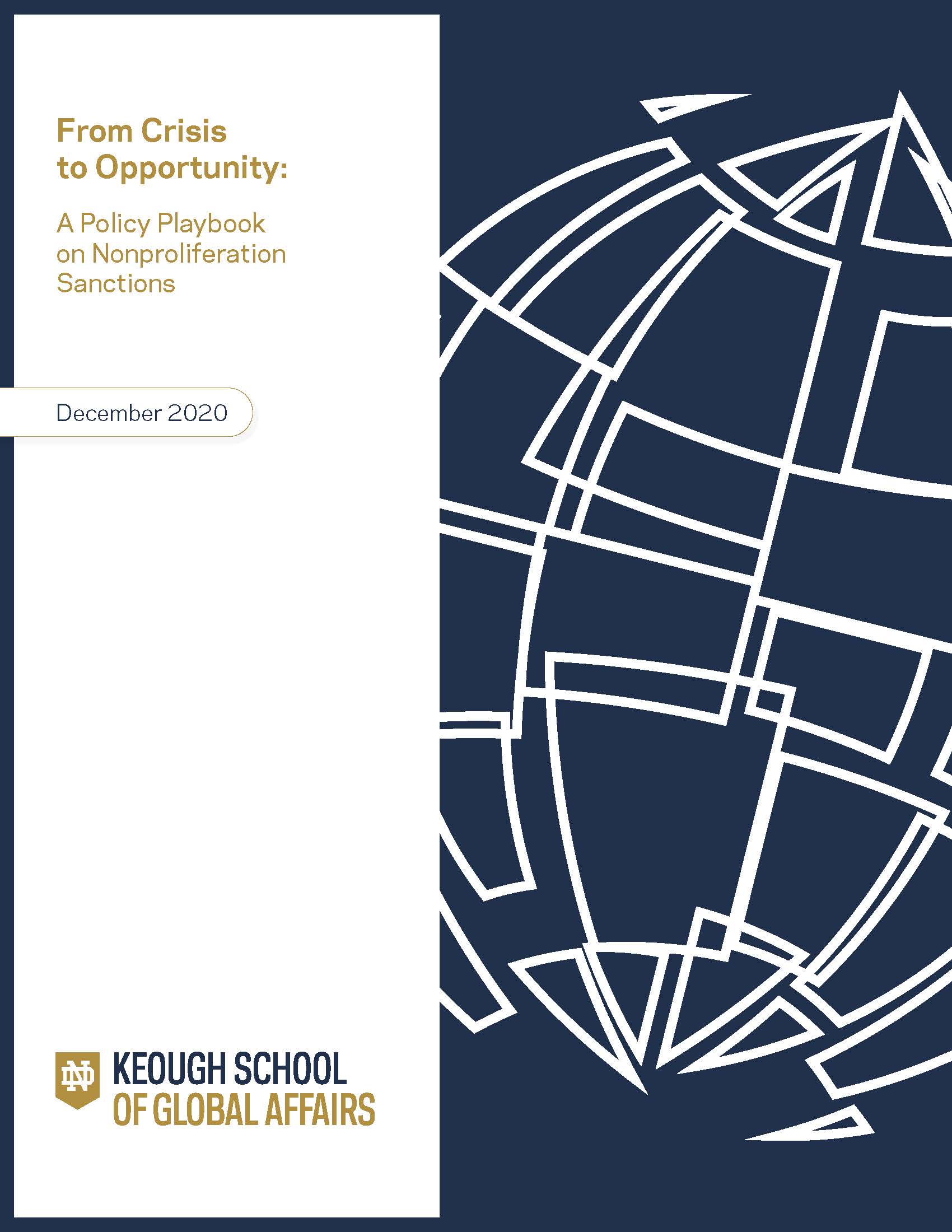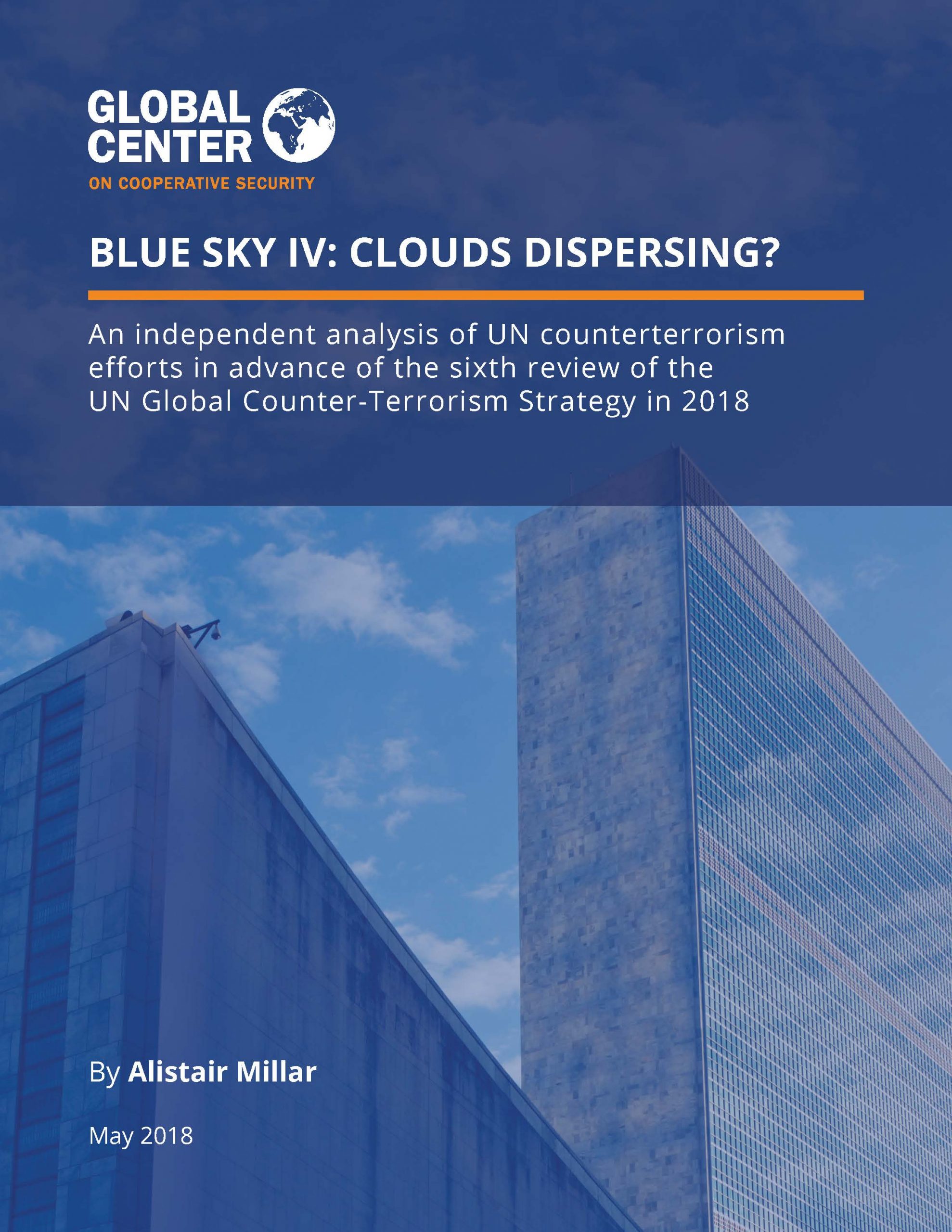Defunding the War Against Ukraine: Economic Strategies for Countering Russian Aggression
Report — December 2023
This report is a project of the New Paradigm Project, which is made possible with support from the Fourth Freedom Forum, the Colombe Foundation, the Jubitz Foundation, the Chino Cienega Foundation, Cynda Collins Arsenault, Rockefeller Family Associates, and the Samuel Rubin Foundation. The New Paradigm project assesses the costs and consequences of overly militarized U.S. policies that led to failure in Iraq, Afghanistan, and other countries, and diverted trillions of dollars from needed investment at home. The project examines the advantages of cooperative multilateral approaches to international security based on principles of human rights and military restraint. The project produces analyses and policy proposals for greater reliance on diplomacy, peacebuilding, development, economic statecraft, and participatory governance as means of preventing armed conflict and violent extremism.
